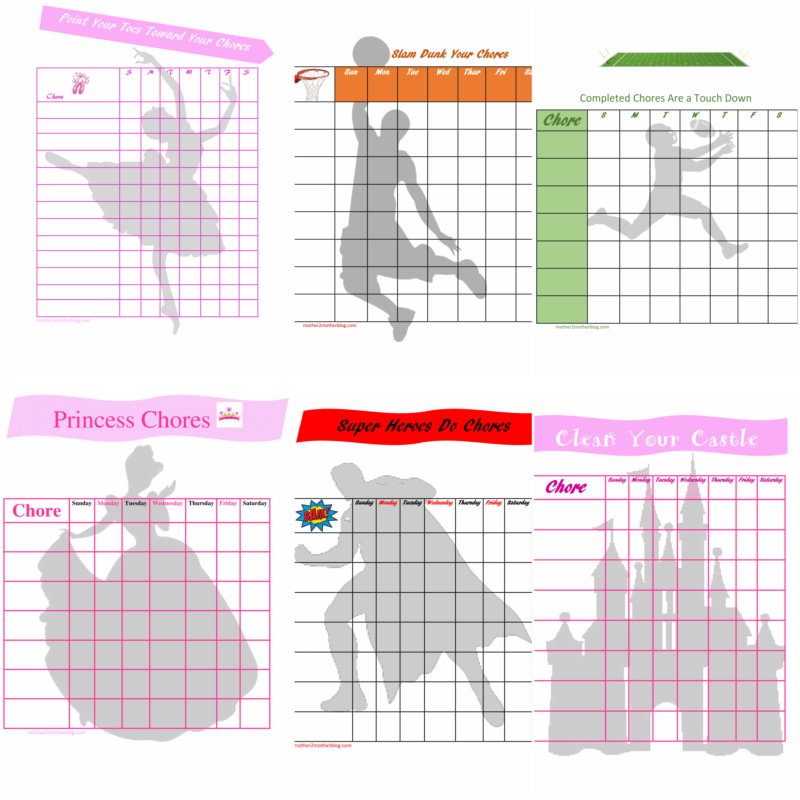Today, I’m sharing parenting tips on unique ways on teaching children kindness. Teaching children kindness is a character trait that every parent will need to nurture in their children. Furthermore, there are many ways to instill and discuss kindness. However, today we’re going to focus on teaching children kindness through gardening.
So, gardening is a unique concept, but there are many lessons to be learned through gardening. It has additional benefits including exposing your child to nature, leaning self-sufficiency by growing your own food, and enjoying nature’s beauty by growing beautiful flowers. Flowers are also beneficial to growing fruit, vegetables and flowers.

Teaching Children Kindness:
Teaching Children Kindness Through Gardening Videos
Videos: If You Plant a Seed
Wanda’s Roses
Snacks:
Vegetable Dip and Veggies
Peanut Butter Celery
Kindness Coloring Pages and Activities
Worksheets:
If You Plant a Seed
Wanda’s Roses
Vegetable Coloring Pages
Kindness Coloring Pages

Children’s Kindness Activities:
Bake Zucchinni bread for our troops
Make cards with flowers for a local nursing home
Visit a Community Garden
Make a flower pot gift for grandma or a neighbor
Grow a pot of carrots or strawberries
First, lets start with the book If You Plant a Seed by Kadir Nelson. This book is an excellent way to teach young children about kindness and sharing. Additionally, the book is appropriate for preschoolers to 3rd grade, and is read by Story Time With Michele Lepe. Set aside approximately 10 minutes to watch the video.
Next, prepare a vegetable snack of carrots, cucumbers and dip or celery and peanut butter pieces for the kids. Discuss the book with them to ensure they understand what took place.

Teaching Children Kindness Through Gardening
Additionally, here’s a few questions that you can ask from the stories. I’ve created a worksheet on the stories for the older kids to answer questions. Interacting verbally with the younger kids will suffice:
- What vegetables did the rabbit and mouse plant? Tomatoes, carrots, and cabbage?
- Who showed up to enjoy the treats the rabbit and mouse planted? Birds.
- So, what happened when the rabbit and the mouse refused to share with the birds. They fought and ruined all the vegetables. (Seeds of selfishness were planted).
- When the rabbit and mouse shared their treats, what happened? Seeds of kindness were planted. The birds were thankful for the food. So, they helped plant more vegetables and they had a bigger garden and harvest for everyone.
- What was the sweetest fruit? The fruit of kindness.
- Finally, the bigger garden was filled with what vegetables and flowers? (Garden of Kindness)? Corn, carrots, tomatoes, cabbage and sunflowers.
Additionally, while you’re having your snacks discuss the fact that the vegetables they are eating were grown in a garden just like the tomatoes, carrots and cabbage, corn and sunflowers in the story.
Have the kids complete the Fruit of Kindness Garden Assignment. What would they would plant in their Fruit of Kindness Garden.

Kindness Books for Children:
In addition to If you Plant a Seed, Wanda’s Roses by Pat Brisson teaches kindness too. The story is read by Story Time with Ms. Loewen. It is appropriate for ages 5 – 8. Here are a few questions to ask the kids after listening to the story:
- Where did Wanda find the rosebush? In an empty lot.
- Why did Wanda think it was a rosebush? The thorns.
- What did Wanda do to give the rosebush more sun and air? She started to clean up the lot by removing the trash.
- How did all of the neighbors help Wanda with the lot? They all helped to clean it up.
- Sadly, the rosebush did not bloom. What did Wanda do when her bush did not bloom? She made roses from paper and invited the neighbors to have a tea party.
- What did the neighbors bring to the tea party? Rosebushes.
- What did Ms. Jones bring to the party? Muffins
- Ask the students to talk about a kind act they did for a friend, neighbor or family member or one that a friend, neighbor or family member did for them.
So, teaching kindness should start early and done in a manner that kids can understand and relate. The best way is to lead by example. Download the Kindness Activities for kids.













